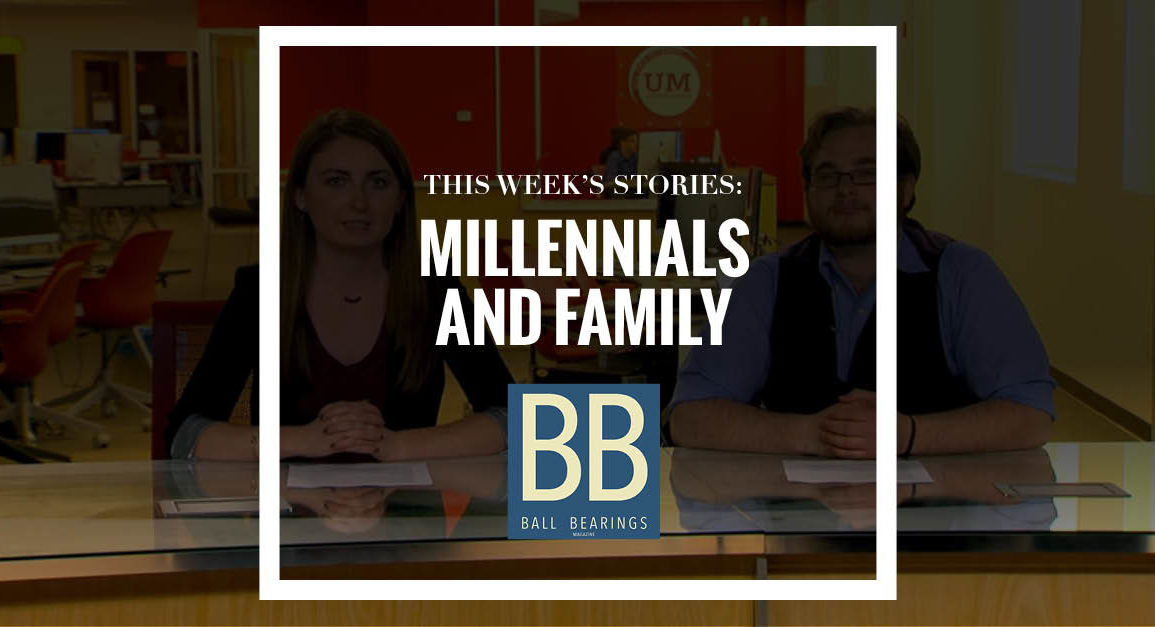The Millennial generation is changing the construction of families in many ways. According to Pew Research, Millennials between the ages of 25 and 34 are most likely to live in multi-generational homes compared to other generations. Usually for financial support during or after college, Millennials move in with their parents or other extended family members, even when trying to raise their own children.
Even parenting styles of Millennials differ from previous generations. Pew Research reports that 50 percent of Millennials moms and 64 percent of Millennial dads believe in equal parenting, where both parents work and share domestic duties equally. They also tend to integrate technology into a child’s learning earlier in development than other generations.
Not only are Millennials changing how to raise families but they are also choosing not to have families all together. Birthrates for Millennials in their 20s has decreased by 15 percent between 2007 and 2012. Pew Research reported that nearly half of women between 15 and 44 are childless.
These changing family dynamics mark the significant difference of Millennials and other generations. This week’s digital issue covers stories about Millennials raising children and living in multi-generational homes, how parenting styles changed over the years, and why Millennial women are choosing not to have children.
You can read all of our Millennials and Family stories
- “The New Family Tree,” letter from Miranda Carney, editor-in-chief
- “It Takes a Village,” by Alex Kincaid
- “Parenting in the Digital Age,” by Caleb Conley
- “The Multi-generational Household,” by Shantelle Taylor
- “Children: A Choice, Not an Obligation,” by Carli Scalf
- “Young and Pregnant,” by Saige Driver
- “Parenting Values through the Years,” graphic by Sam Keane
Don’t forget to follow the Ball Bearings Instagram feed where you can read short interviews about Millennials and family.




